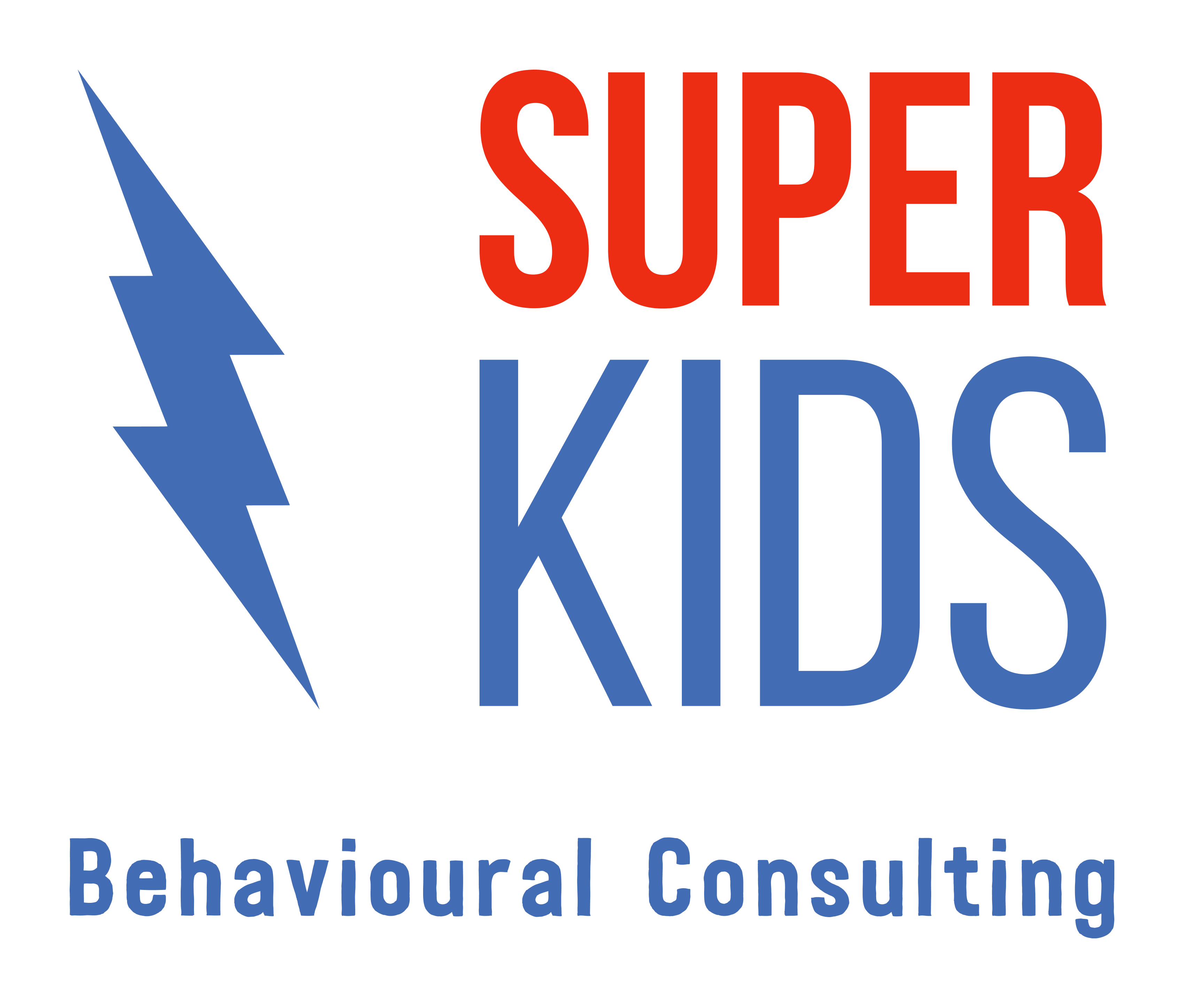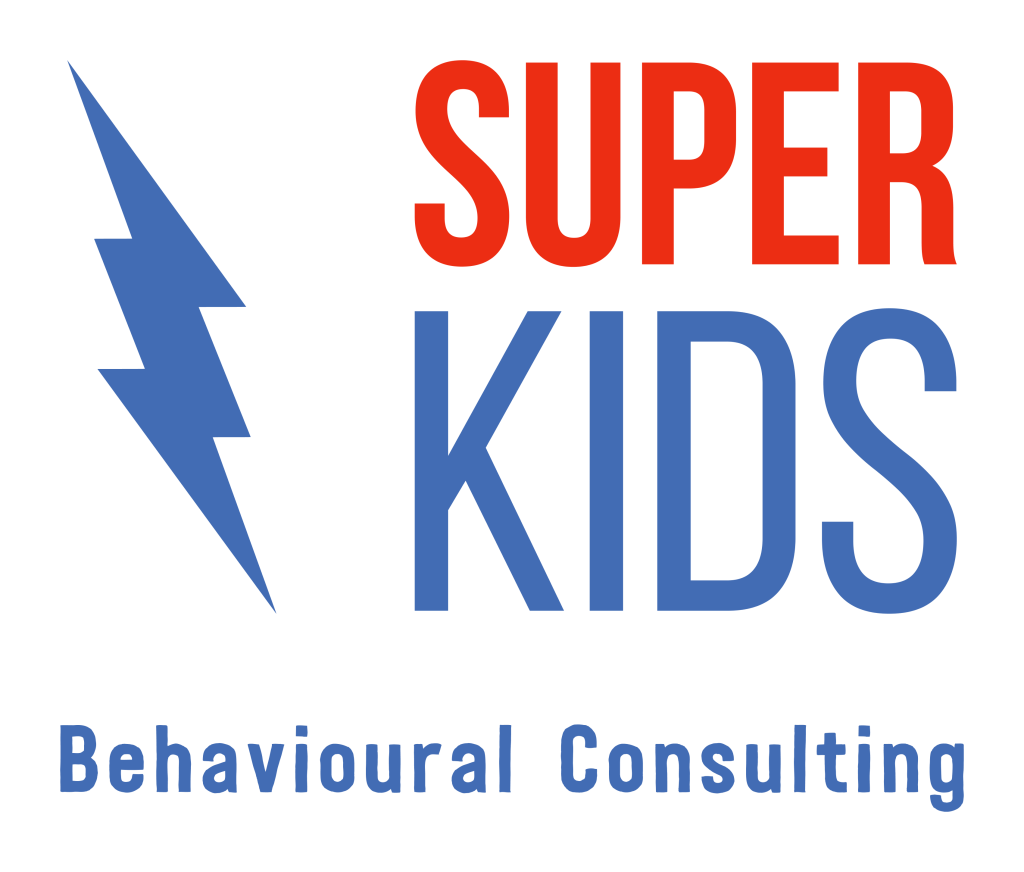6 Helpful Tips for Parents Who Have a Child Who are Difficult To Understand

Nicole Petrin
Speech and Language Pathologist

Communication is so important to connect with others, but for some children, expressing themselves clearly can be a challenge. Whether it’s due to speech delays, articulation difficulties, or other factors, having an unintelligible (difficult to understand) child can be frustrating for both the child and their parents. When words are muddled or unintelligible, it can lead to frustration and feelings of isolation. So here are my top 6 tips to make interactions with your unintelligible child feel smoother.
1. Encourage Communication
Encouraging your child to communicate, regardless of how unintelligible they are, is crucial. Respond positively to their attempts to express themselves, even if you can’t understand them fully. This helps build their confidence and reinforces the importance of communication.
Avoid correcting or criticizing their speech errors, as this can undermine their self-esteem and motivation to communicate. Encourage them to communicate in whatever way feels comfortable for them, whether it’s through gestures, sounds, or words.
An example of this might be showing them you are really happy and nodding when they say something to you that you interpret as being a happy thing.
2. Model Clear Speech
Children learn by example, so model clear and concise speech whenever you interact with them. Use simple words and phrases, enunciate clearly, and speak at a slower pace. This provides your child with a clear model to emulate and helps them develop their own speech skills.
Avoid talking to your child quickly and instead, exaggerate your mouth movements to help your child see how sounds are formed.
3. Be Patient
Patience is key when dealing with an unintelligible child. Avoid finishing their sentences or becoming frustrated when you can’t understand them. Instead, take the time to listen attentively and encourage them to repeat themselves or use gestures to convey their message. It’s essential to remember that they are doing their best to communicate, and frustration or impatience from adults can hinder their progress. Instead, approach communication with understanding and empathy, allowing your child the time they need to express themselves.
This might look like getting down to your child’s eye line, giving them time, looking at them expectantly and listening carefully when they are trying to tell you something important.
4. Include Visual Aids
Visual aids such as pictures, gestures, sign language, flashcards, or objects can be invaluable tools for helping your child communicate more effectively. Use these aids to supplement verbal communication and reinforce vocabulary. This can help bridge the gap between what your child wants to say and what they are able to articulate verbally.
An example of this might be opening and closing your hand repeatedly when saying the word “milk” to your child every morning at breakfast. After a few weeks, your child might say an unintelligible word but sign the word for ‘milk’ which will help you understand what they are trying to request.
5. Involve the whole family
Creating a supportive environment for your child’s speech development involves the whole family. Encourage siblings, grandparents, and other caregivers to participate in speech practice activities and to be patient and understanding when communicating with the child who is unintelligible.
This might be including your child’s grandparents in learning hand gestures and modelling clear speech strategies, as well as doing it yourself.
6. Celebrate progress
Finally, celebrate your child’s progress, no matter how small it may seem. Recognize and praise their efforts to communicate, and celebrate milestones along the way. Positive reinforcement can go a long way in motivating your child to continue working on their speech skills.
Encourage a growth mindset where effort and progress are valued over perfection. Praise the child’s attempts to communicate, even if they are still unintelligible to others. Remember, building communication skills is a journey, and each step forward is a cause for celebration.
In conclusion, dealing with an unintelligible child can be challenging, but with patience, encouragement, and the right strategies, you can help support their speech development and empower them to communicate more effectively. Remember to seek professional help from a qualified speech and language pathologist if needed and celebrate every step forward along the way. With time and effort, your child will continue to grow and improve their communication skills every single day.
Super Kids acknowledges each individual’s personal preference to use identity-first or person-first language to describe themselves or their loved one. We interchangeably use both language conventions and therefore refer to both Autistic children and children with Autism.






